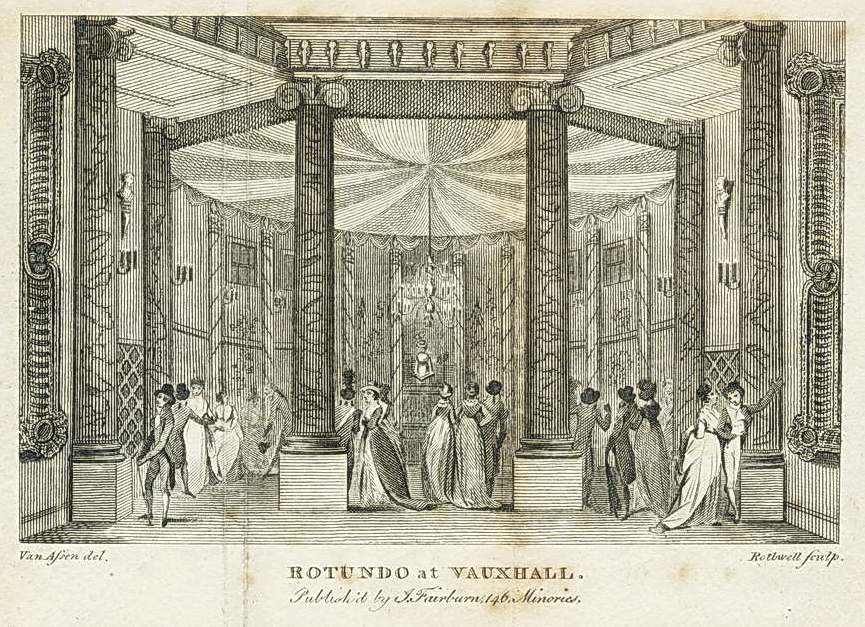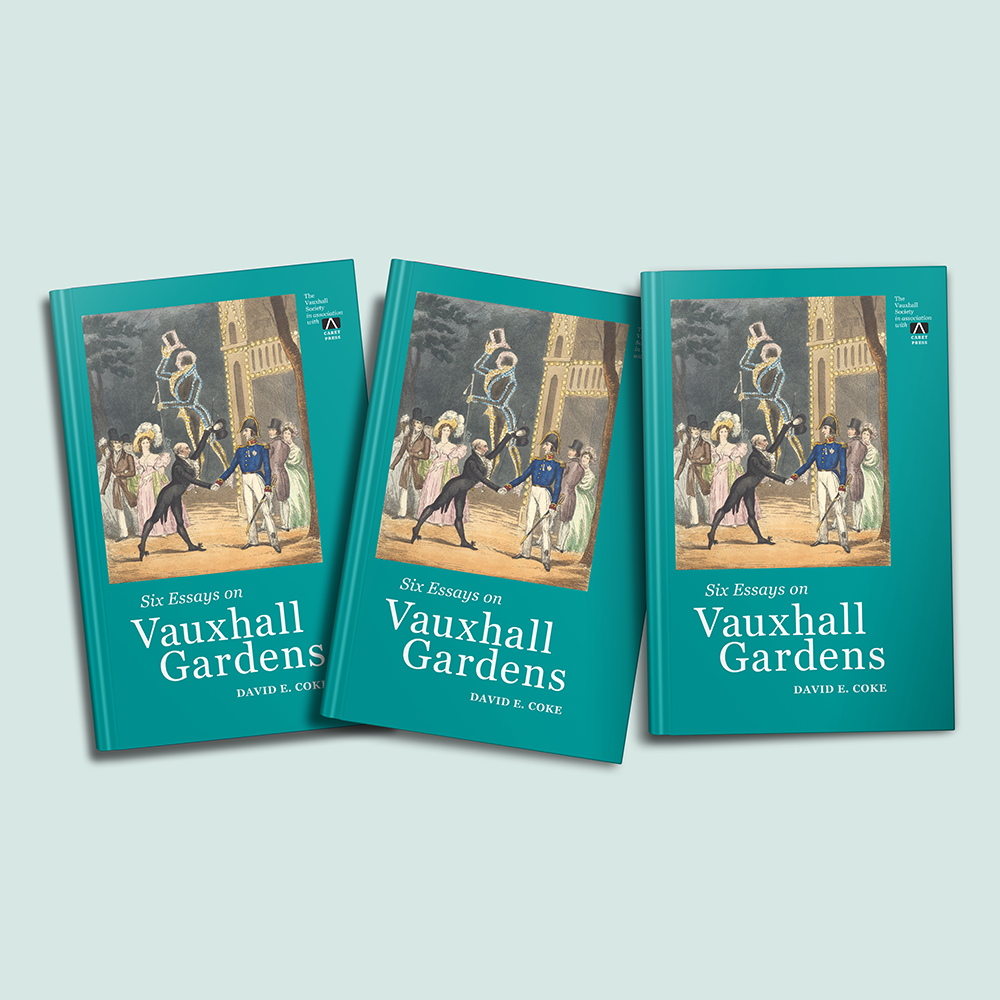
Vauxhall Gardens, summer 1822. To great acclaim ‘Madame Georgina’, a singer and classical pianist from Calcutta, accompanies herself and performs a concerto. She appears at Vauxhall Gardens for three nights only – and then abruptly disappears from the annals of London theatre. Can you add a coda to her story? A portrait would be nice, writes David E. Coke.
The following advertisement appeared on page 3 of the London Morning Chronicle newspaper of 28 June 1822:
The Nobility, Gentry and Public are most respectfully informed in addition to the various Amusements which have given such complete satisfaction, that THIS EVENING (Friday June 28) Madame Georgina, a Lady of Colour, a Native of Calcutta, will sing in the Rotunda, and accompany herself on the Piano-forte, and will also play a favourite Concerto, being her second appearance in public.
In the same newspaper, the editorial report of her first appearance two days earlier, tells us that Georgina ‘accompanied herself in a good style, and sang two songs with very great applause. She appeared rather embarrassed by the novelty of her situation, but on her next appearance she will naturally be more confident’.
Madame Georgina’s appearance was indeed a novelty, three times over: First, she was a female musician performing in public; second, she accompanied her own singing, and third, she was of Asian birth. These factors might suggest that Georgina was being presented more as a freak than as a genuine performer, but the report on her performance tells a different story, and seems to show that she was taken seriously by her audience. Her appearance at Vauxhall, if it really was her first public performance, will have taken real courage and determination on the part of Georgina herself, so why did she put herself through this ordeal, and why did she then not capitalise on her success?

Madame Georgina appeared at Vauxhall on only three evenings (26 and 28 June and 1 July 1822), and then apparently disappeared equally abruptly from the annals of London theatre. Her audience on the first of these occasions included aristocrats, churchmen, military officers and MPs, amongst its ‘attendance most brilliant and numerous’ who had all paid three shillings and sixpence for admission. For such an audience, the ‘favourite Concerto’ must have been composed by a familiar British or European composer, possibly John Parry (1776–1851), employed at Vauxhall at that time.
This set of perfomances presents several questions – Who was Madame Georgina? Was she genuinely of Indian birth, or even Anglo-Indian? Why was she promoted at Vauxhall? What was she doing in England? How did she learn to play ‘favourite concertos? What happened to her afterwards? And last, but not least, how did she come to the notice of the Vauxhall proprietors?
Possible answers spring to mind – maybe she was the daughter of an English father and Indian mother, and had come to England to be with her father, and maybe it was that father who engaged a music teacher for her and introduced her to the Vauxhall managers when she showed real promise and expertise. However, the real answers to some of these questions must be out there somewhere, so it would be good to hear from anybody who might be able to help us add to our very scanty knowledge of this remarkable young woman. Contact us if you know more.

